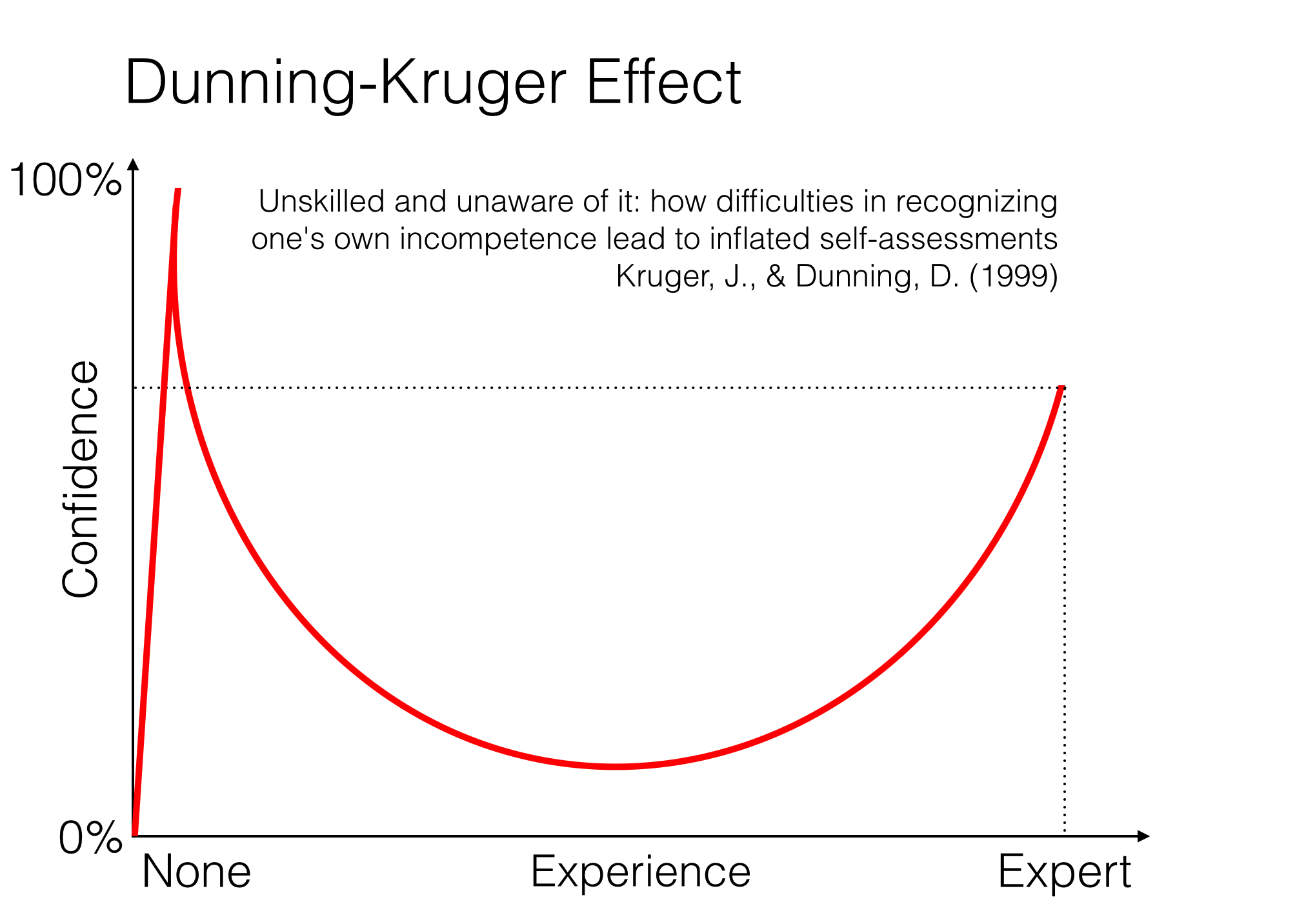
4 Tips to Coach Your Coaches to Higher Team Performance
“As goes the manager, so goes the team.” This common sales industry expression is actually more true than we realize, according to Carole Mahoney, author of Buyer First and founder of Unbound Growth.
Mahoney is an Objective Management Group (OMG) partner and uses the extensive OMG database to understand the underlying drivers behind sales team success. We caught up with her recently to gain her insights on the impact managers have on their teams, and for her tips on how to coach the coaches to higher team performance.
- Coach the Coach’s Mindset
A salesperson’s mindset has a direct impact on their success. And, it turns out, the manager’s mindset has a direct impact on the salesperson’s mindset.
“I did a deep dive into OMG data, taking a look at 500,000 managers and the teams that reported to them,” says Mahoney, “specifically to learn how their mindsets impact the team.”
What she found was that salespeople whose managers held unsupportive beliefs about sales were 355% more likely to also hold unsupportive beliefs. Meanwhile, the teams of managers holding supportive beliefs were 1000% more likely to hold supportive beliefs.
“When I’m coaching coaches,” says Mahoney, “I coach their mindset first. It matters.” - Coach the Dunning-Kruger Effect
“The Dunning-Kruger effect says that the less experience you have, the more confidence you have,” says Mahoney. “It also says that when you reach a certain level of expertise, you forget how hard it is for a beginner to understand.”
In sales, this causes problems when a sales department promotes a team leader to a manager. Individual performers do not necessarily make great coaches for a number of reasons, including the fact that they probably don’t even remember what it’s like to be a beginner and to struggle to learn the skills.
When coaching a coach, Mahoney says you have to combat this attitude, and help coaches understand that their direct reports need more support than they think they will. She says she’s amazed how many coaches have never even done a goal-setting exercise with their teams, because it’s so obvious to them that it doesn’t occur to them to guide their team through it. - Help Coaches Understand Their Teams’ Deeper Motivations
Mahoney says that the goal-setting exercise is one of the first things she does with coaches. First, she has them do it themselves, then go through it with their teams. The exercise asks them to think about their personal values and goals, and how those align with their work, and how they want to be held accountable to them.
“Once a manager understands the personal goals of a teammate, it becomes a conversation, instead of a nagging,” she says. “It’s not a quota you’re trying to meet, it’s your personal goals.”
Once a manager understands the personal goals of a teammate, it becomes a conversation, instead of a nagging.She says she’s had managers tell her that they want to send money to their parents, or save so a spouse can stay home full time, or take a trip to South Africa with a new baby. These personal goals provide the motivation for behavioral changes that feel uncomfortable or scary.Carole Mahoney, Unbound Growth
By doing the goal-setting in a group setting with the team, managers can build camaraderie and accountability. All put together, this generates results.
“Sales professionals and managers who set personally meaningful goals,” says Mahoney, citing data from OMG, “are 298% more likely to be elite salespeople.” - Equip Coaches With Insights
Mahoney is a Membrain referral partner and recommends the platform to her clients. Why?
“I’ve found that it’s easier for managers to pinpoint who is doing what activities, what milestones are being met, and narrow down in the behavior chain where things are falling off the rails,” says Mahoney. “Then they can get specific about the activities and behaviors they want to coach.”
She cites Membrain’s milestone-based process tools as the key to equipping coaches with the insights they need to coach more effectively. And Membrain’s new product Elevate (formerly Coaching Cockpit) gives coaches even more tools they can use.
“Most CRMs stop at results,” says Mahoney. They provide data about how salespeople are performing, but not why. “Membrain allows you to drill into the behaviors that are contributing to the outcome, so you can get deeper into what is causing the behavior.”
Mahoney’s first book, Buyer First, was written for reluctant sellers who don’t want to be pushy or slimy. It focuses on the psychology and mindset of selling. Next up, she says she’ll be writing a book for coaches and managers, called Seller First.
You can follow Mahoney on LinkedIn and on her blog at Unbound Growth.

By George Brontén
George is the founder & CEO of Membrain, the Sales Enablement CRM that makes it easy to execute your sales strategy. A life-long entrepreneur with 20 years of experience in the software space and a passion for sales and marketing. With the life motto "Don't settle for mainstream", he is always looking for new ways to achieve improved business results using innovative software, skills, and processes. George is also the author of the book Stop Killing Deals and the host of the Stop Killing Deals webinar and podcast series.
Find out more about George Brontén on LinkedIn







